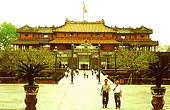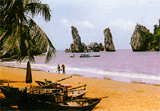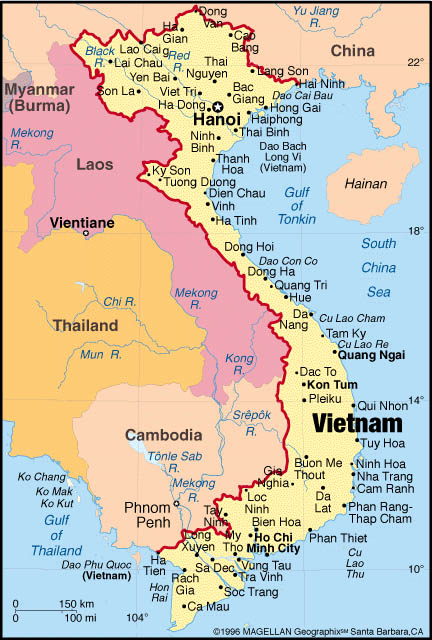| << Chapter < Page | Chapter >> Page > |
TOURIST INFORMATION OFFICES
The tourism department operates tourism information offices in many origin countries. A tourism information office promotes, or builds, travel to a destination country through advertising and special promotional activities. For example, representatives of the information office give brochures about vacations, the destination country, and special tours to travel agents in the origin country. A brochure is a printed folder, or pamphlet, about a place, product, or company. Brochures advertising tourism are written, printed, and supplied to information offices in origin countries by the tourism department.
Mr. Carter is the director (manager) of a tourism information office. He has a large staff. A staff in a business office is a group of people who work together. The staff includes people who work directly with travel agents; others who do work with companies and businesses; people who contact newspapers and television and radio stations; some who work with airlines and hotels; people who write advertising; and information clerks and secretaries.
One of Mr. Carter's most important jobs is that of public relations director. The purpose of this job is to establish a good attitude toward his country among the public (people) of the origin country. As part of this job, he supervises the writing and distribution of press releases (news stories) for the media. Media refers to all the ways of spreading information, such as newspapers, radio, television, and other means of communication. Media is a plural word, meaning it refers to all these means. Radio is a medium of communication; it is one of the media used for advertising. Public relations people place special news stories in the media to help build interest in the destination country. Advertisements in the media, paid for by the tourism department, also help establish interest.
Employees in public relations and advertising must be fluent in English if they work in English-speaking countries. "To be fluent" means to speak, read, and write a language almost as well as the natives do. Mr. Carter's staff members write advertisements, news releases, and brochures to promote travel to their country. They give lectures (talks) and show films about their country to groups of people. They answer questions about travel to their country.
Mr. Carter holds press conferences whenever something of importance or interest happens in his country. A press conference is a meeting attended by reporters from newspapers, magazines, radio, or television. At a press conference, someone makes announcements that their readers, listeners, or viewers might find interesting. Whenever an important person from his country visits, Mr. Carter holds a press conference to introduce that person to the representatives of the media. Such news items help to build interest in and knowledge about his country.
Information offices also give tourists and immigrants helpful information. The clerks give them any necessary documents or visas that may be required for entrance. The staff can also tell them about different laws and regulations in the destination country.
Mr. Carter and his staff also work with businesses and industries that might be interested in either moving to or doing business with the destination country. Mr. Carter's country wants foreign industries to come and help build industry there. The country is also interested in exporting some of its products. In turn, the country is anxious to get the best prices on products imported from other countries.
Wherever they go and whatever they do, the information staff members represent their country. "We are the face of our country to the rest of the world," Mr. Carter says. "Before they know anything about our country, people form their impressions and attitudes about it from the things we do and say."
(Adapted from English for the Travel Industry
by Benedict Kruse and Bettijune Kruse,1982)
Answer the following questions.
Choose the correct word or phrase to complete each sentence.
a. destinationc. vacation
b. origind. native
a. representativec. travel agent
b. tour packagerd. tourism information
a. mediac. visa
b. passportd. brochure
a. advertisementc. attitude
b. interestd. contact
a. mediumc. brochures
b. mediad. advertisements
| Choose a tourist destination in Vietnam which you know well. In groups of four or five students, prepare a presentation about tourist attractions and activities in that place. | |
 |
 |

1. What are some famous places and activities for tourists in the Mekong Delta?
2. If you want to give some suggestions, what can you say?

Notification Switch
Would you like to follow the 'English for tourism' conversation and receive update notifications?